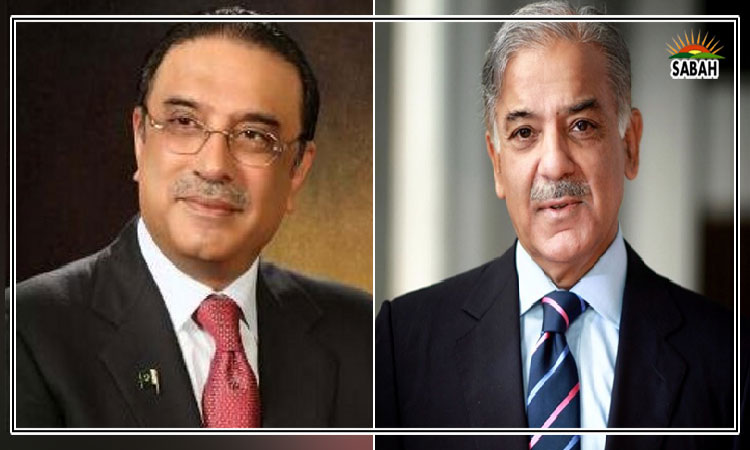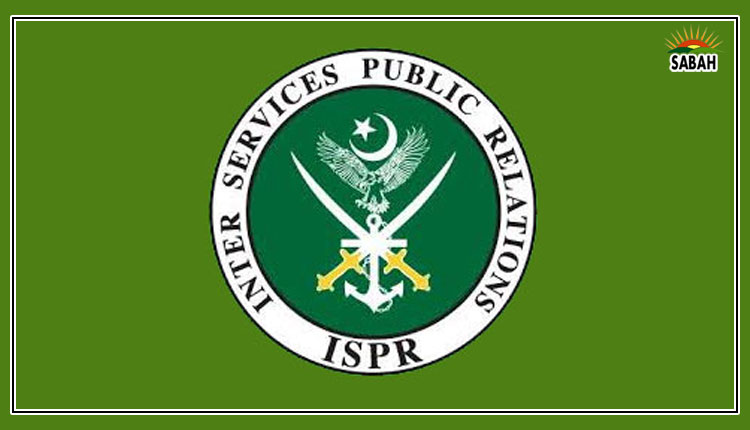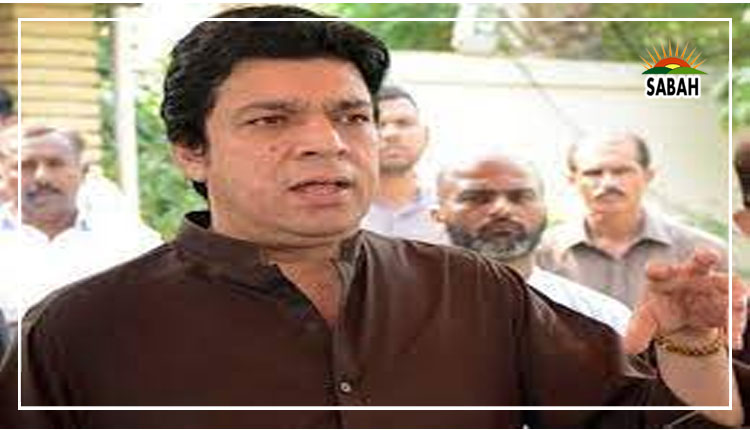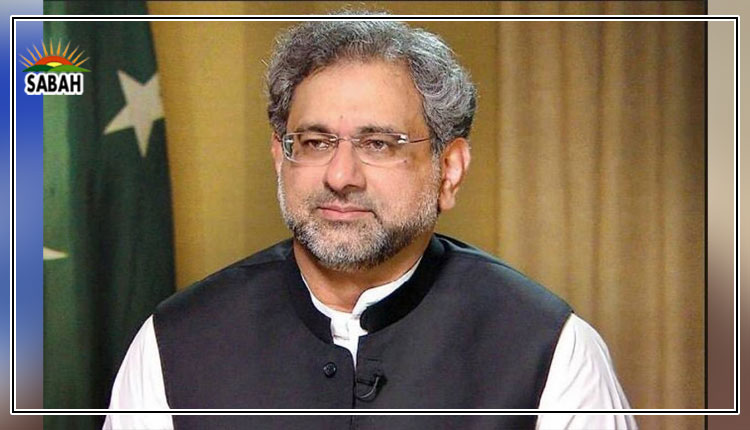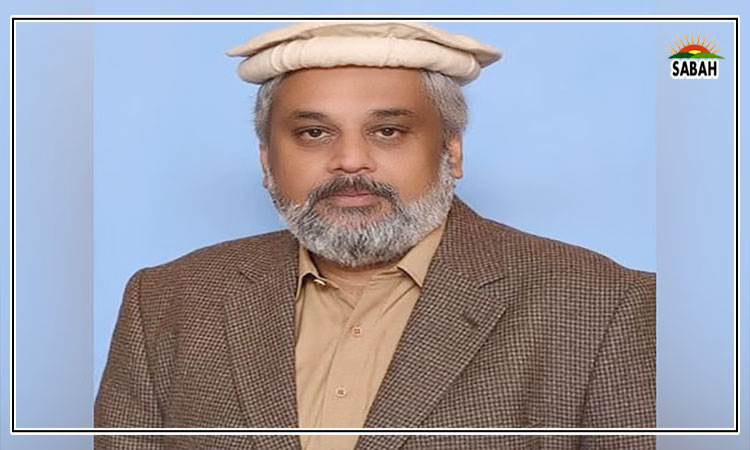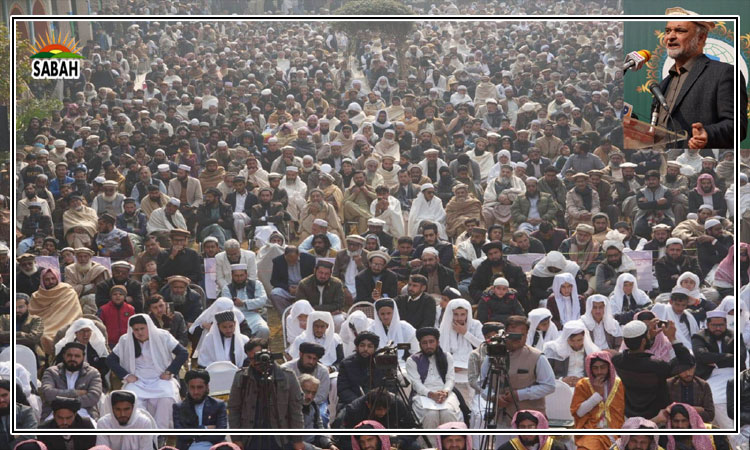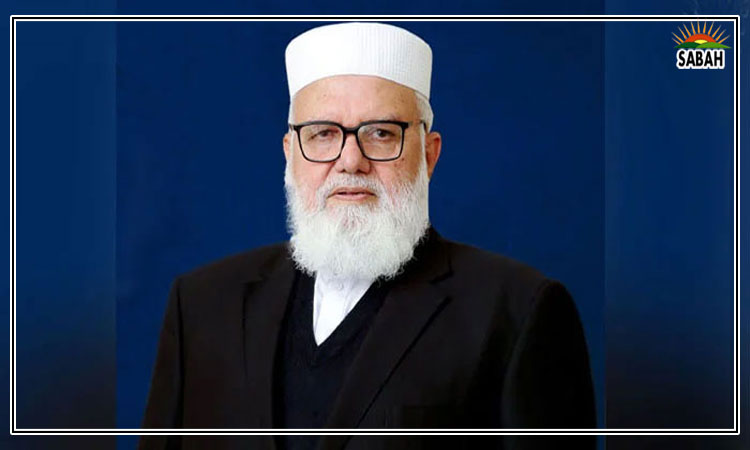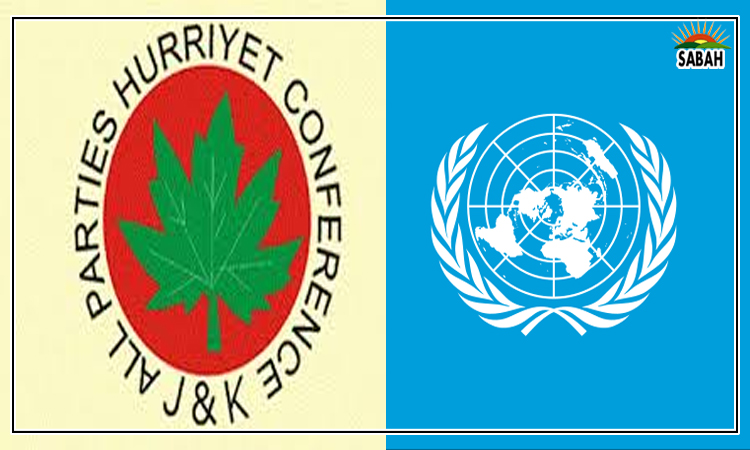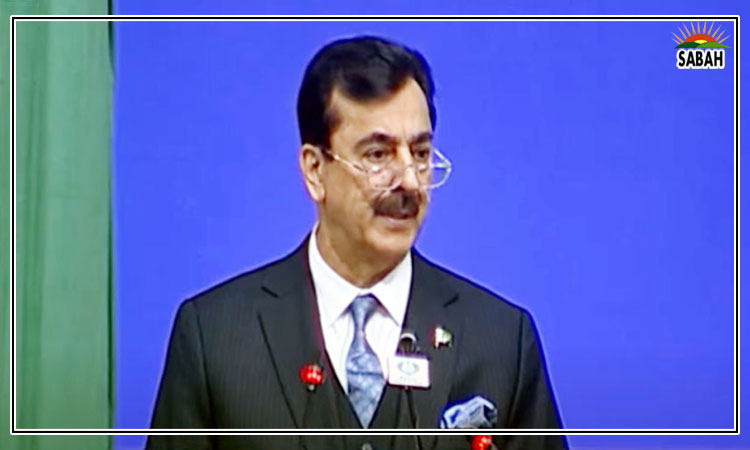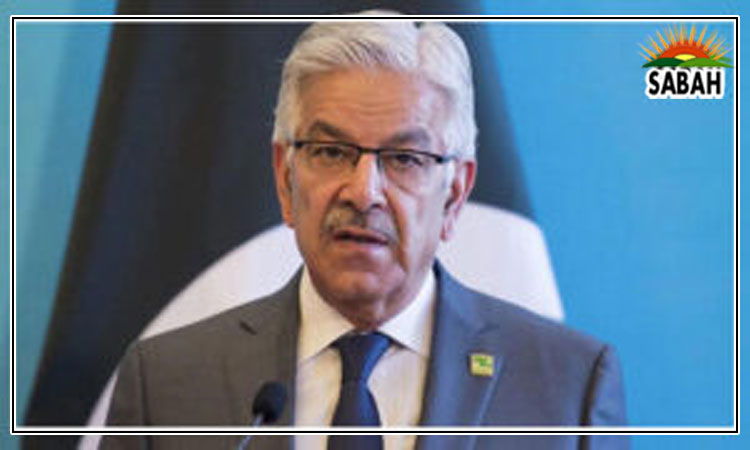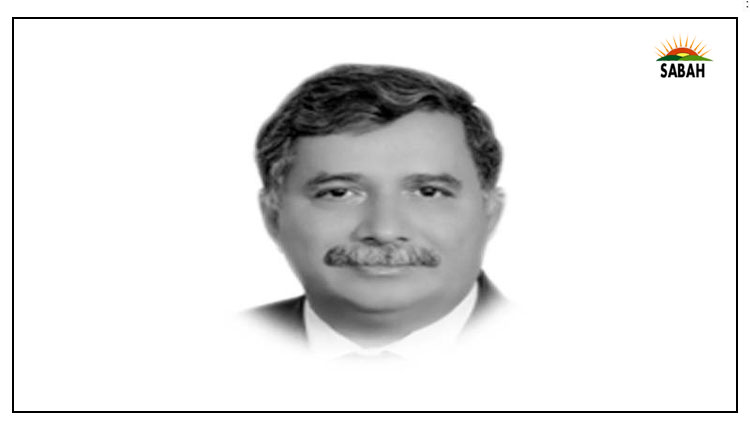Parliamentary democracy and Governor’s power….Dr Syed Akhtar Ali Shah
Article 130(7) of the Constitution of Pakistan is akin to Article 58(2)(b) which had been inserted into the statute by the military dictator Gen Zia-ul Haq. Through the use of this article, national assemblies were dissolved and prime ministers were sent packing by the President several times during the 80s and 90s on the pretext of corruption.
This anti-democratic provision of the law was ultimately deleted through the 18th constitutional amendment. Former president Asif Ali Zardari would take pride in handing over presidential powers to the elected government and Parliament, but never appeared to have thought of the negative implications of Article 130(7). Article 58(2)(b) inserted through the eighth amendment gave dictatorial powers to the President and also granted additional powers to dismiss the elected prime ministers government.
These powers included the right to dissolve the National Assembly (but not the Senate) if, in his or her opinion, a situation has arisen in which the Government of the Federation cannot be carried on in accordance with the provisions of the Constitution and an appeal to the electorate is necessary.
This article always served as a Sword of Damocles hanging over the heads of the prime ministers, hampering the smooth functioning of the government and resulting in the retardation of democracy. Although Article 58(2)(b) had been buried with an intention to ensure the peoples sovereignty through their chosen representatives, the recent use of Article 130(7) by the Governor of Punjab has raised new questions of constitutional law and has plunged the country into a constitutional and political crisis. Article 130(7) reads:
The Chief Minister shall hold office during the pleasure of the Governor, but the Governor shall not exercise his powers under this clause unless he is satisfied that the Chief Minister does not command the confidence of the majority of the members of the Provincial Assembly, in which case he shall summon the Provincial Assembly and require the Chief Minister to obtain a vote of confidence from the Assembly.
In this clause, the words pleasure and satisfaction of the governor are most important as regards asking the Chief Minister to seek a fresh mandate, failing which he would be removed. The phrase during the pleasure of the Governor is reflective of the royal prerogatives of the Crown in the United Kingdom and was therefore also used in the Government of India Act 1935 and subsequent constitutions of Pakistan.
But in the country of its origin, those prerogatives have long ago been shifted to parliament and cabinet, either through statutes or conventions of the Constitution. There are now serious encumbrances on the use of such prerogatives, which cannot be used whimsically or with ulterior motives and are therefore subject to judicial review.
The other word featured in Article 130 (line 7) is satisfaction. The question then arises: in what manner was he satisfied that the Chief Minister had lost the confidence of the House? Has any bill or resolution moved by the Treasury been defeated? This also smacks of malice in asking the Chief Minister to seek a vote of no-confidence while an opposition resolution of no-confidence was pending.
In all fairness, the Governor should have waited for the outcome. The use of such powers by the Governors General and Governors had, in the past, fractured the governance and deprived the representatives to act independently. Again this trend asking the Chief Minister to seek confidence vote is not a healthy sign for the future of democracy. If Article 58(2)(b) was improper, Article 130(7) is also inimical to parliamentary sovereignty.
Use of this article will not only pave the way for undermining the provincial government but also open the doors for the worst kind of horse trading anathema to our politics. The pendulum of politics would again tilt in favour of opportunism and political corruption. As most of those concepts of democracy have been borrowed from the United Kingdom, the mother of democracies, a comparison may not be out of place. In the UK, if no party wins a clear majority then there may be a process of negotiation before it becomes clear who is likely to act as prime minister.
An incumbent prime minister is entitled to remain in office and test whether they can command confidence, or they may resign if it becomes obvious that they will not be able to do so. However, it is vital that a prime minister remain in place, and there is an expectation that they will not resign until it is clear who can take over.
The question of who can command confidence only arises if a party has not won a majority or has lost it during the lifetime of a parliament. The Cabinet Manual says that an incumbent government is entitled to wait until a new parliament has met to see if it can command the confidence of the House of Commons, but is expected to resign if it becomes clear that it is unlikely to be able to command that confidence and there is a clear alternative.
In 1924, Stanley Baldwin resigned after being defeated on a Kings Speech. In view of the aforementioned discussion, it can be said that this does not augur well for the smooth functioning of democracy in Pakistan. This would also undermine provincial autonomy and the 18th Amendments impact. If it is Punjab today, it could be Sindh or any other province tomorrow not toeing the line of the federal government.
The lessons drawn from history are that this clause must be removed from the Constitution of Pakistan in order to ensure sound parliamentary practices and provincial autonomy.
Courtesy The Express Tribune


